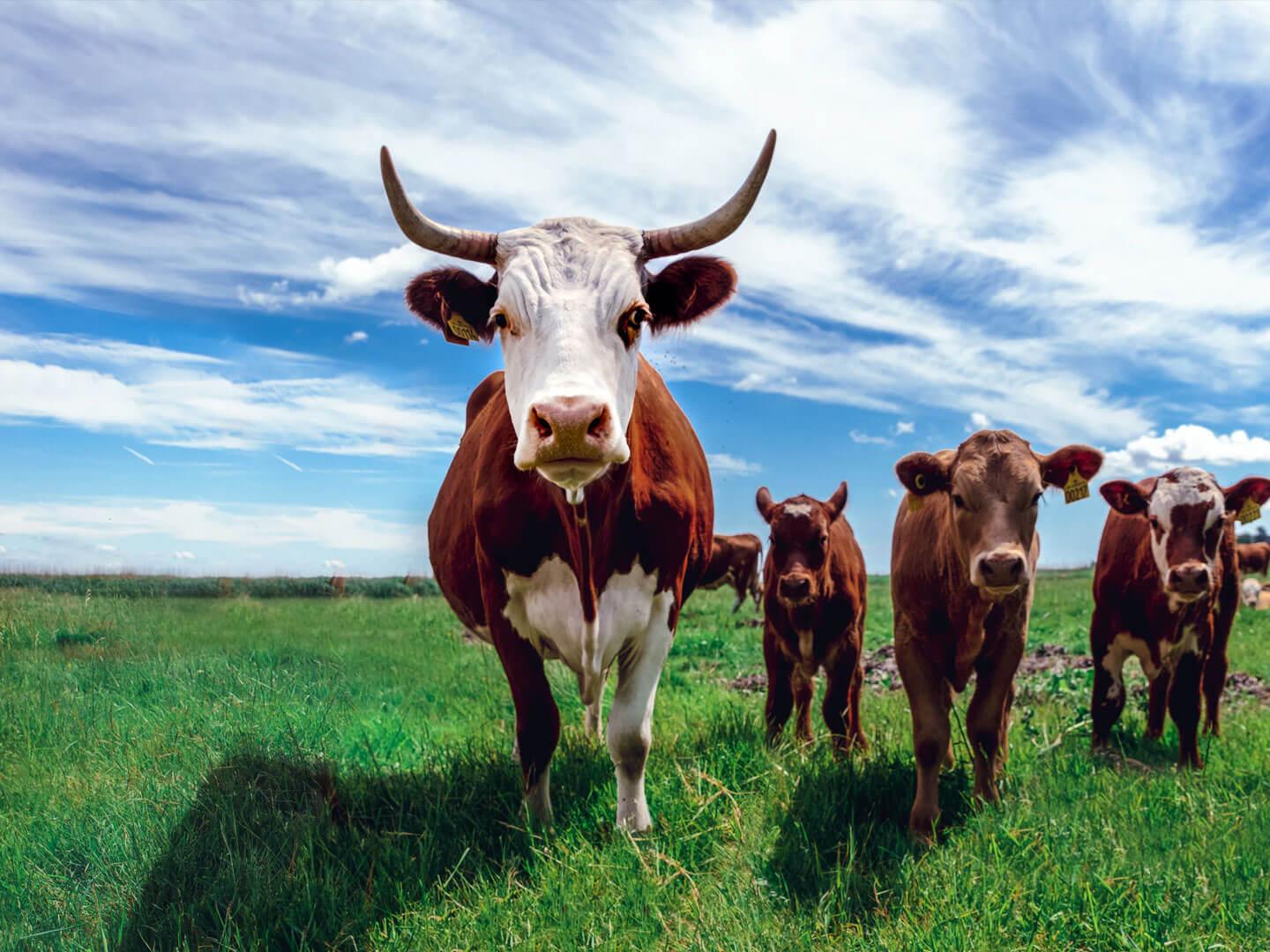Sustainable Livestock Waste Management And Resource Recovery
Free Range Cattle Farming is an essential practice in the agriculture industry, providing sustainable and high-quality meat for consumption. With a focus on animal welfare and natural grazing methods, this form of farming promotes a healthier lifestyle for the cattle and better meat for consumers.
Throughout this article, we will explore the various aspects of Free Range Cattle Farming, including its benefits, ideas for implementation, recommendations for aspiring farmers, a listicle of essential tips, and even answer commonly asked questions. Let's dive in!
What is Free Range Cattle Farming?
Free Range Cattle Farming refers to a farming practice where cattle are allowed to graze in open pastures, rather than being confined to feedlots or small spaces. This approach gives the animals the freedom to move around, forage for grass, and live a more natural life.
Unlike intensive farming methods, Free Range Cattle Farming emphasizes animal welfare and ensures that the animals have access to clean water, shelter, and sufficient grazing areas. By mimicking the natural habitat and behavior of cattle, this practice contributes to healthier animals and higher-quality meat products.
Ideas For Free Range Cattle Farming
If you're considering venturing into Free Range Cattle Farming, here are some ideas to get you started:
- Acquire a suitable piece of land with ample grazing area to accommodate the number of cattle you plan to raise.
- Research and select cattle breeds that are well-suited for free-range farming, considering factors such as climate compatibility and resistance to common diseases.
- Implement rotational grazing techniques to ensure a balanced grassland ecosystem and prevent overgrazing.
- Introduce natural shade structures and water sources to make the grazing areas more comfortable for the cattle.
- Partner with local veterinarians and experts in cattle health to ensure proper care and regular check-ups for your animals.
- Develop a marketing strategy to promote your Free Range Cattle Farming approach and highlight the benefits to potential consumers.
Recommendations for Aspiring Free Range Cattle Farmers
If you're passionate about Free Range Cattle Farming but don't know where to start, here are some valuable recommendations:
- Seek guidance from experienced cattle farmers who have successfully implemented the free-range approach.
- Attend workshops, seminars, or agricultural conferences to learn more about the best practices and latest techniques in the industry.
- Invest in proper infrastructure, including fencing, shelters, and watering systems, to create a safe and efficient environment for your cattle.
- Stay updated with scientific research and advancements in cattle management to continually improve your farming practices.
- Build connections with local slaughterhouses or meat suppliers to ensure a market for your high-quality free-range meat products.
Listicle of Essential Tips for Free Range Cattle Farming
Here's a handy listicle of essential tips to help you thrive in Free Range Cattle Farming:
- Provide an ample supply of clean and fresh water for the cattle at all times.
- Monitor the grass growth and rotate the grazing areas accordingly to prevent overgrazing and maintain a healthy grassland ecosystem.
- Ensure the presence of proper shade structures in the grazing areas to protect the cattle from extreme weather conditions.
- Keep a close eye on the health of your animals and address any signs of illness or injury promptly.
- Supplement the cattle's diet with natural minerals and nutrients, if needed, to maintain their overall well-being.
- Implement sustainable waste management practices to minimize environmental impact.
- Regularly inspect and maintain fencing to prevent the escape of the cattle and protect them from potential predators.
- Establish a strong relationship with local veterinarians to ensure that your cattle receive timely vaccinations and deworming.
- Market your free-range meat products as ethically produced and high-quality to attract consumers who value such attributes.
- Continually educate yourself about advancements in farming techniques and adapt them to improve your cattle farming practices.
Question & Answer
Q: What is the difference between Free Range Cattle Farming and conventional feedlot farming?
A: In Free Range Cattle Farming, cattle have the opportunity to roam freely in open pastures, grazing on grass and living a more natural life. On the other hand, conventional feedlot farming involves confining cattle to small spaces, where they are primarily fed grain-based diets for faster growth.
Q: Is Free Range Cattle Farming more sustainable?
A: Yes, Free Range Cattle Farming is considered more sustainable because it promotes natural grazing methods, reduces the use of antibiotics and hormones, and allows the animals to lead a healthier and more stress-free life.
Summary of Free Range Cattle Farming
Free Range Cattle Farming is a sustainable and ethical practice that prioritizes animal welfare and promotes environmentally friendly farming practices. This approach contributes to the production of higher-quality meat products and allows consumers to make informed choices about the food they consume.
By providing cattle with access to open pastures and natural grazing opportunities, farmers can produce healthier animals and contribute to a more balanced ecosystem. Whether you're an aspiring farmer or a conscious consumer, Free Range Cattle Farming offers numerous benefits and opportunities to make a positive impact.
Remember, adopting Free Range Cattle Farming practices requires dedication, commitment, and ongoing education. By implementing the right strategies and continuously improving your techniques, you can thrive in this rewarding sector of agriculture. Start your journey towards sustainable and ethical cattle farming today!

Post a Comment for "Sustainable Livestock Waste Management And Resource Recovery"